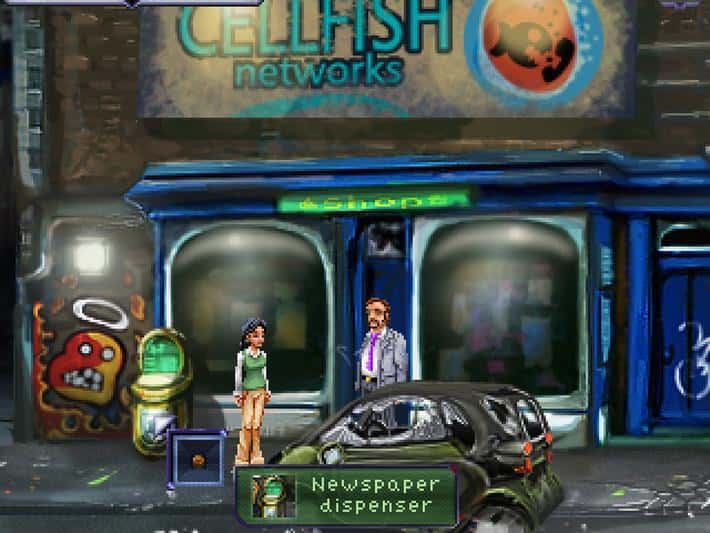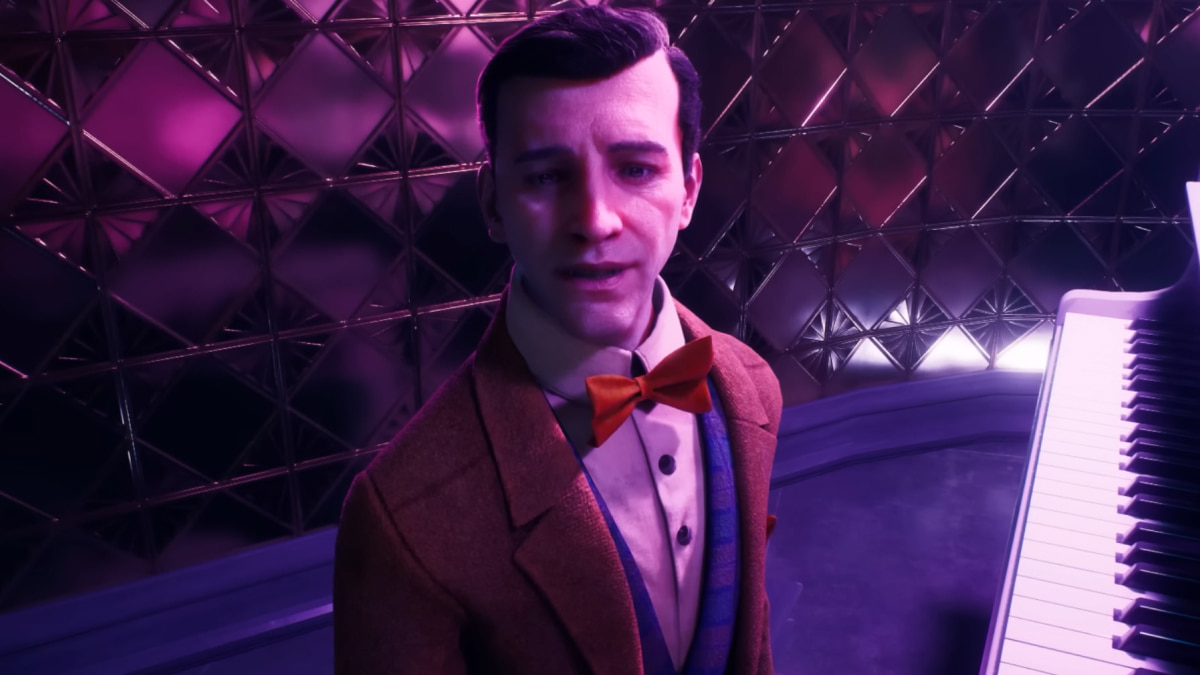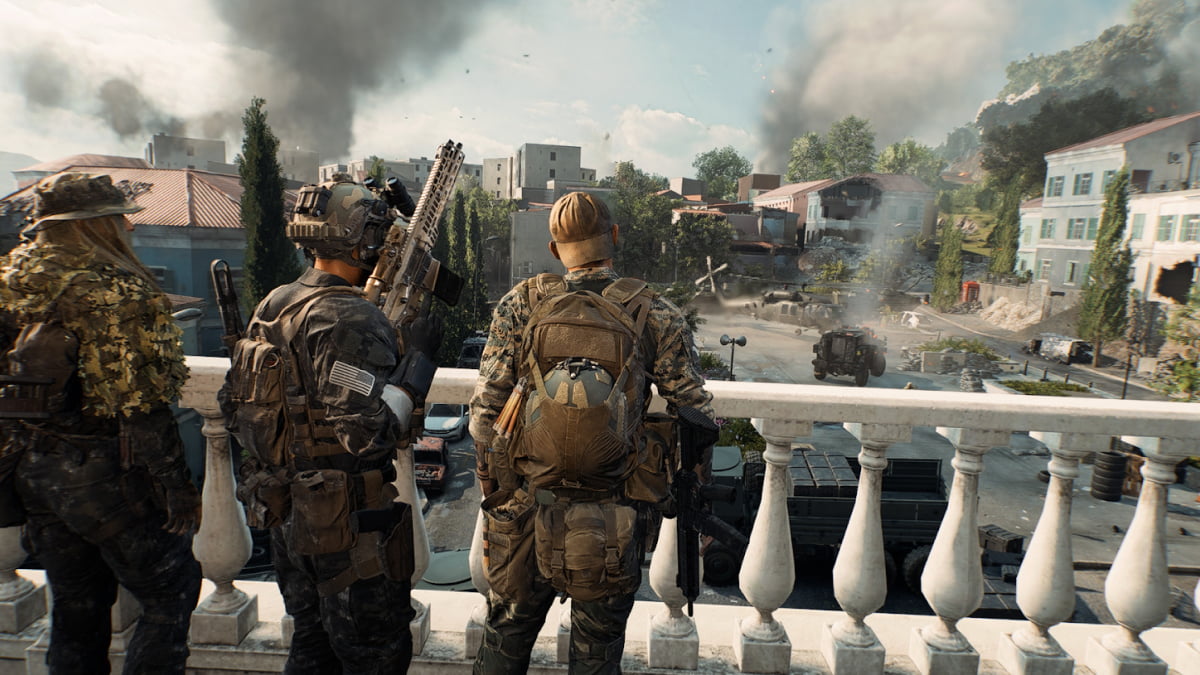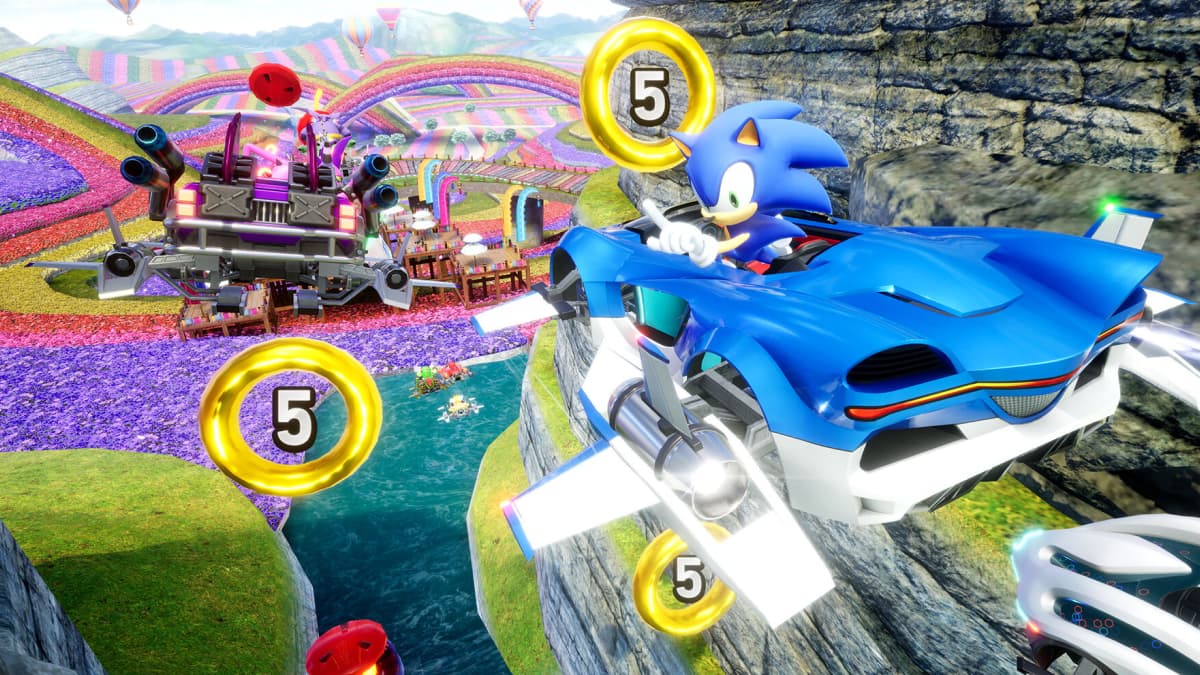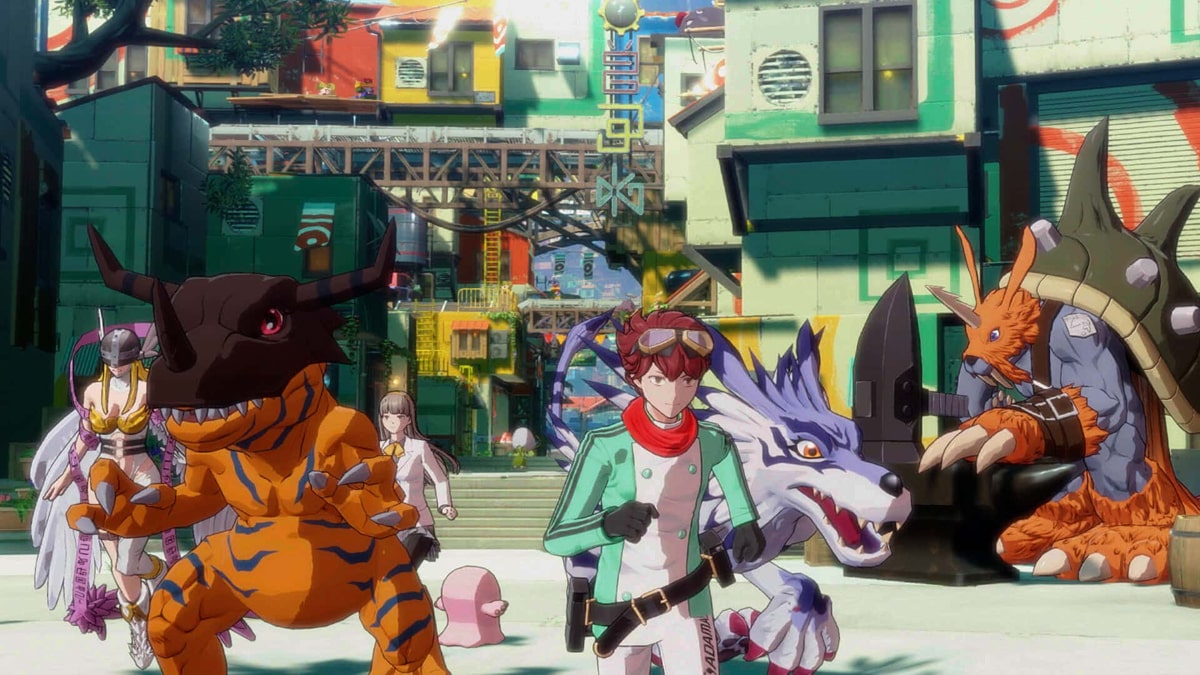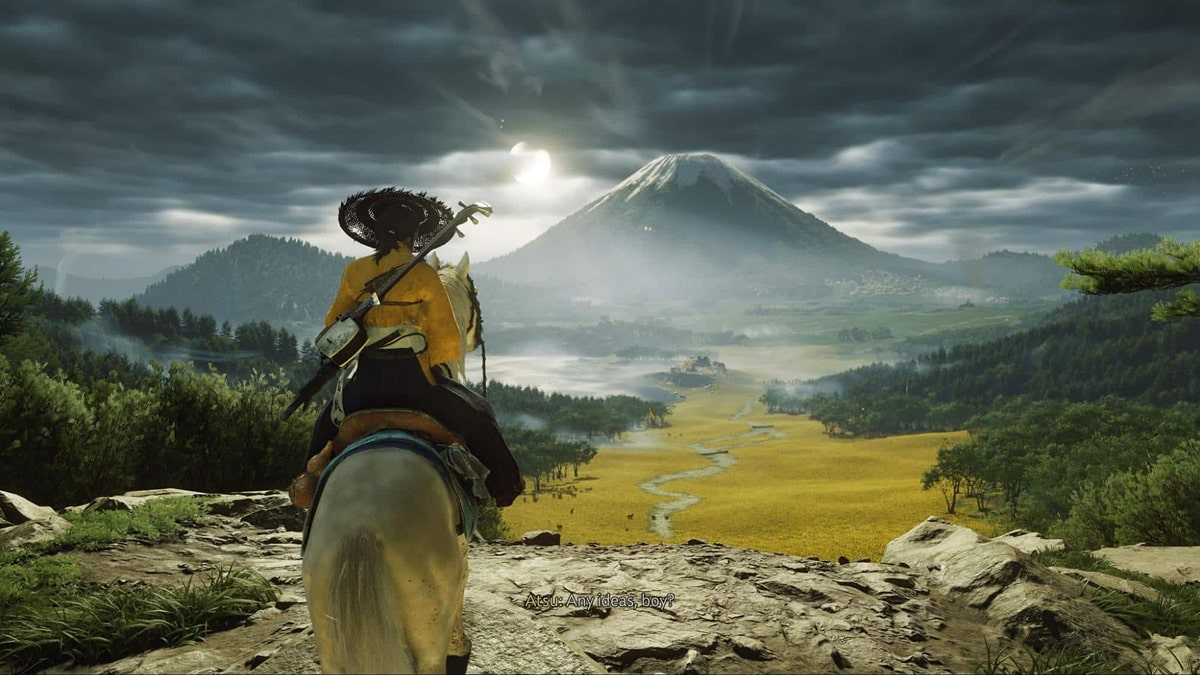You can trust VideoGamer. Our team of gaming experts spend hours testing and reviewing the latest games, to ensure you're reading the most comprehensive guide possible. Rest assured, all imagery and advice is unique and original. Check out how we test and review games here
Resonance’s near-future world tackles some big issues. It’s a classic point-and-click adventure about groundbreaking atomic technology, designed to create harmony on Earth by allowing for limitless and danger-free power resources. It’s also about how this technology could be used for massive evil, possibly wiping out humanity if seized by the wrong hands. And it’s about information in the age of communications, and how its freedom can be both a curse and a blessing.
As games tend to make possible, it’s also about a band of four otherwise normal folk who find themselves embroiled in a global conspiracy, yet decide to try to take it all on themselves. Perhaps that’s because they’ve learned they can’t trust anybody, except – funnily enough – each other.
This indie adventure’s first surprise comes after you’ve worked your way through each individual character’s introduction, when it emerges you’ll spend most of the game playing as all four of them simultaneously. You’ll send different people to different locations, combining their abilities to solve large, multi-threaded puzzles that stretch out across the city map.
This means managing not only four separate inventories, but also multiple memory banks. Spot an item of interest, and you can drag it into the character’s short-term memory for reference in the near future. The idea, presumably, is to allow for a more hands-on approach to analysing clues. In practice, years of adventure games with increasingly intuitive interfaces leave this one feeling like a bind. Examine an item, and you might expect any relevant information to be available automatically the next time you need it, but in Resonance that’s only the case when it’s information you’ll need much later in the game – and even then you’ll need to manually select it if you want to bring it back up.
Meanwhile, only a handful of scenarios require full group involvement, and those are generally the game’s weakest moments, packing several characters into one location and forcing you to switch between them incessantly to complete what would otherwise have been a fairly simple task. One of the worst offenders whizzes you right back to the start if you get the final section wrong, which I did five times. In the end it turned out I’d written down some information incorrectly – totally my fault, but I could have done without the added frustration of playing the bit I had worked out time and time again.
Resonance’s better challenges send you off with a single character because only they possess a certain skill or attribute. Sensibly, the doctor can wander freely into the hospital’s morgue, while only the cop can access sensitive information about the city’s populace. The journalist is the guy with the shady contacts, and mathematician Ed – about as close as the game comes to having a lead character – is the most savvy with the laboratory at which the Resonance technology was developed.
Controlling each character as they go about their own business, before eventually pooling their resources on one larger puzzle, is a smart idea that sometimes pays off. But it grates when you realise that, say, you’ve forgotten to have one character give an important item to another, and now they’re on opposite sides of the city. Resonance features no ability to run, and you can’t skip walking animations when leaving a scene. Mercifully, individual locations are small, and there’s a map that lets you fast travel between them.
It’s the story, though, that’s both Resonance’s main draw and its biggest source of frustration. It’s frequently clever, always gorgeously presented despite the game’s humble roots, and asks some big questions of you as a player. But it’s often guilty of ignoring your responses to those questions. For a game about technologies that could either save or destroy the planet, Resonance is maddeningly weak in its portrayal of consequence.
There’s a moment, for example, where you’re asked to make an absolutely enormous choice. It’s a choice that the story has hinged upon to this point, and it literally comes down to clicking one button or another. I sat frozen at my computer for a couple of minutes, weighing up my options, then tentatively clicked the mouse… only for the game to find a way to make my decision meaningless within seconds.
On numerous occasions it presents extraordinary freedom to shape its story, then whips it away from you – either by having you ‘fail’ the scene, thus zipping you back to the start of it, or having the game play out the same regardless of a decision you’ve made. In its closing moments, you’re offered the choice between two endings – but the game still can’t resist locking off what could have been an extremely strong third option, positioning that as a fail state and having you repeat the scene to pick between the choices you’re allowed.
Make no mistake, Resonance is an impressive achievement for its tiny indie developer: a vast and intriguing adventure game made mostly by one person, filled with mystery, and confronting issues a lot bigger than most games dare to touch. Keep that in mind and you might be able to forgive its missteps. I almost could. But not quite.
Version Tested: PC

